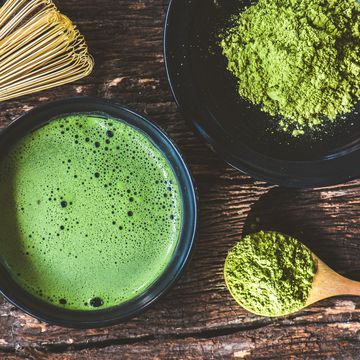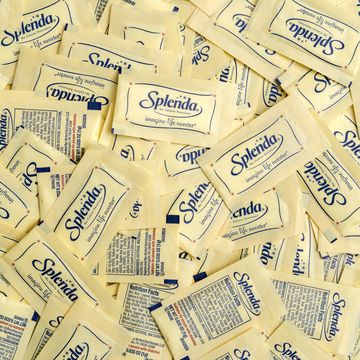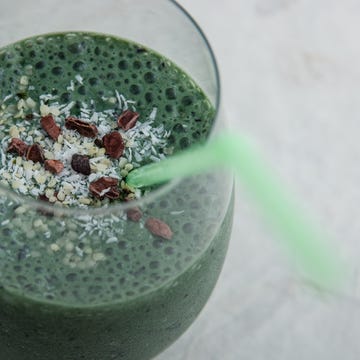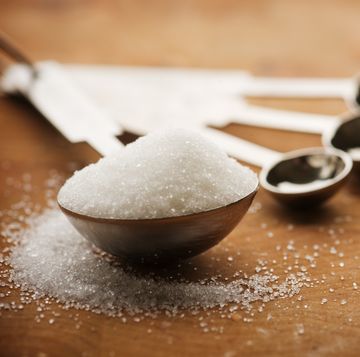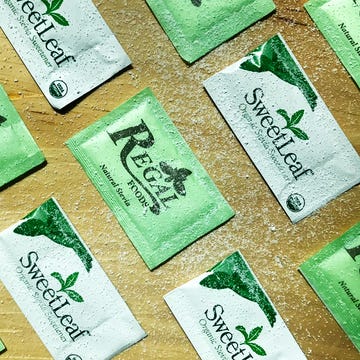8 Vitamin C Foods That That Should Be Staples in Your Fridge
Plus, tips on how to choose and use these nutritional powerhouses.

Vitamin C doesn’t just play an important role in keeping our immune systems strong (which we all want to do right now), it’s also key for helping us stay in tip-top shape as we train.
“Runners are particularly tough on their connective tissues [like tendons and ligaments] because running is an impact sport,” explains sports nutrition expert Georgie Fear, R.D., C.S.S.D. Vitamin C aids in the production of collagen, which is used to renew and repair connective tissues so they stay strong.
Vitamin C’s antioxidant benefits are a big deal, too. “Runners are often at risk for more oxidative damage due to the volume of training they do,” says sports nutrition expert Amy Goodson, R.D., C.S.S.D. But adequate C intake helps to fight damage-causing free radicals and reduce your risk for chronic health problems such as heart disease and cancer.
Thankfully, getting the recommended 90 mg daily for men and 75 mg for women is pretty easy—if you know where to look. Fruits and vegetables tend to be the best sources—and some are veritable vitamin C powerhouses. Here are eight vitamin C-packed foods to eat regularly.
[Stay injury free on the road by getting on the mat with Yoga for Runners.]


Readers Also Read

24 Trader Joe’s Products Nutritionists Avoid
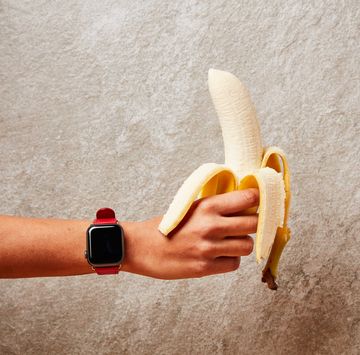
23 Foods That Have More Potassium Than a Banana
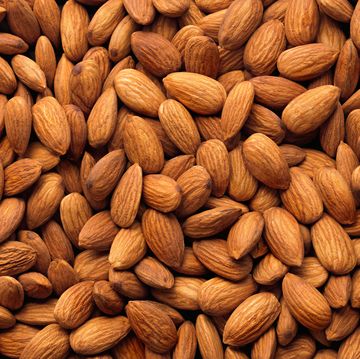
26 Magnesium-Rich Foods to Add to Your Diet
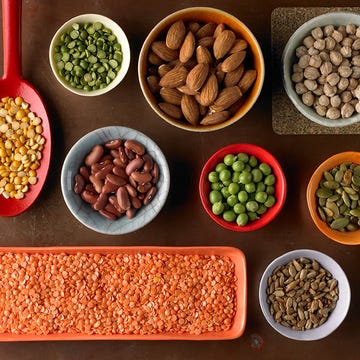
The 20 Highest Protein Foods Vegetarian Runners Can Eat








